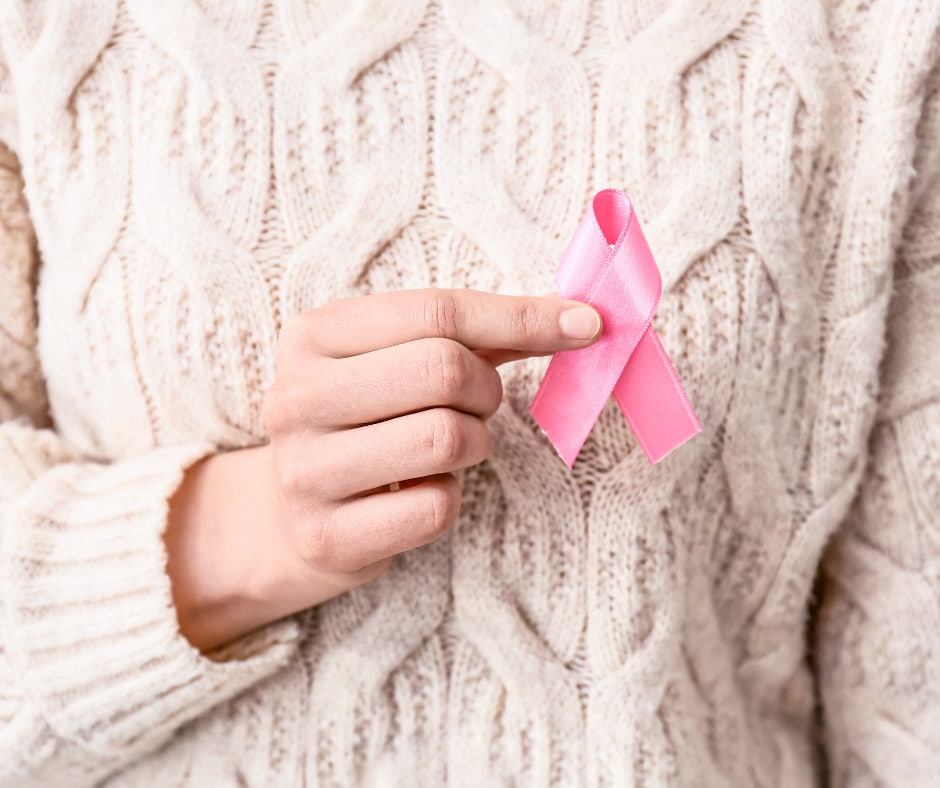
Scot Fleshman
The Wellness Wednesday column is written by Scot Fleshman, an advanced registered nurse practitioner and board-certified family nurse practitioner. Fleshman and his wife, Jessica Hopkins, own Gig Harbor Primary Care.
With October comes pumpkins, costumes, and candy, as well as an abundance of one thing — pink ribbons. The pink ribbon has become the nationwide symbol for breast cancer and is a universal sign of support.
Health & Wellness Sponsor
Health and Wellness stories are made possible in part by Virginia Mason Franciscan Health, a proud sponsor of Gig Harbor Now.
Breast Cancer Awareness Month aims to bring awareness to the common disease. Whether you have battled the illness yourself or know someone who has, practically everyone has been impacted by cancer in one way or another.
October is the perfect time to show our support for those struggling or even to expand our education on the topic. Learning more about breast cancer can help you make more informed decisions, become a source of support, and even reduce your risk down the road.

Breast cancer is the most common cancer in the world — about 1 in 8 women in the U.S. will develop it during their lifetime (breastcancer.org). This statistic is unbelievable and is important to be aware of.
Fortunately, science is advancing every day. New research is being conducted to help us learn more about what causes breast cancer and what can someday cure it. Until then, early diagnosis is the very best way to increase one’s survival rate.
As of 2020, only 1 in 39 women will die from breast cancer. That’s why we advocate so heavily on early detection and taking preventative measures. It may seem unimportant now, but it could mean the difference between life and death.
As for men, their chances of developing breast cancer are minimal but present. “A man’s lifetime risk of breast cancer is about 1 in 833,” according to breastcancer.org. It’s important to talk with your healthcare provider to determine your risk and see if there are lifestyle changes you can start making today.
Although there are things we can control, there are also things we cannot. Perfectly healthy individuals get diagnosed every day for unknown reasons. Staying on top of your health and paying attention to changes in your body will be the best things you can do.
Maintaining a healthy weight for your height and age is vital for optimal health. You will have a decreased risk of developing cancer and a higher chance of successful treatment and positive outcomes.
To do so, remaining active and consuming a nutritious diet will ensure your body performs to the best of its ability. Your immunity to fight off illness and diseases will be much greater. You don’t need to remove sweet treats, processed foods and alcoholic beverages from your life altogether. Instead, consume them in moderation and be mindful of how they make you feel.
Talk with your parents and grandparents if you are unaware of their medical history, as it could help provide some insight to share with your doctor. We recommend keeping a journal or some form of record to store the organized information, making it readily accessible.
Schedule your next annual mammogram each time you go in so you remember to make an appointment. If you need extra support, take a friend with you and plan something fun to do afterward. Perform a self-exam monthly to check for new lumps or irregularities because no one knows your body better than you do.
Offer them support even if they do not accept. It can be challenging to ask for help after receiving a diagnosis. However, stay close when you know they need it, even if it is a helping hand, a listening ear, or a big hug.
It’s essential to shine a light of positivity in their daily lives. Get them outside, go on walks, or attend social events. These are necessary for any person to maintain a healthy, well-balanced mental state.
If your loved one is living independently, it can be beneficial to assist with medical care. Join them at doctors’ appointments, help take notes, or even start a go-fund-me for medical bill assistance.
Overall, be present to love them. Breast cancer is never an easy feat and can be very isolating. Whether you are friends, family, or acquaintances, a small gesture can mean the world to someone struggling. It’s essential to be there for each other during our unique health journeys.

Scot Fleshman
The Wellness Wednesday column is written by Scot Fleshman, an advanced registered nurse practitioner and board-certified family nurse practitioner. Fleshman and his wife, Jessica Hopkins, own Gig Harbor Primary Care.